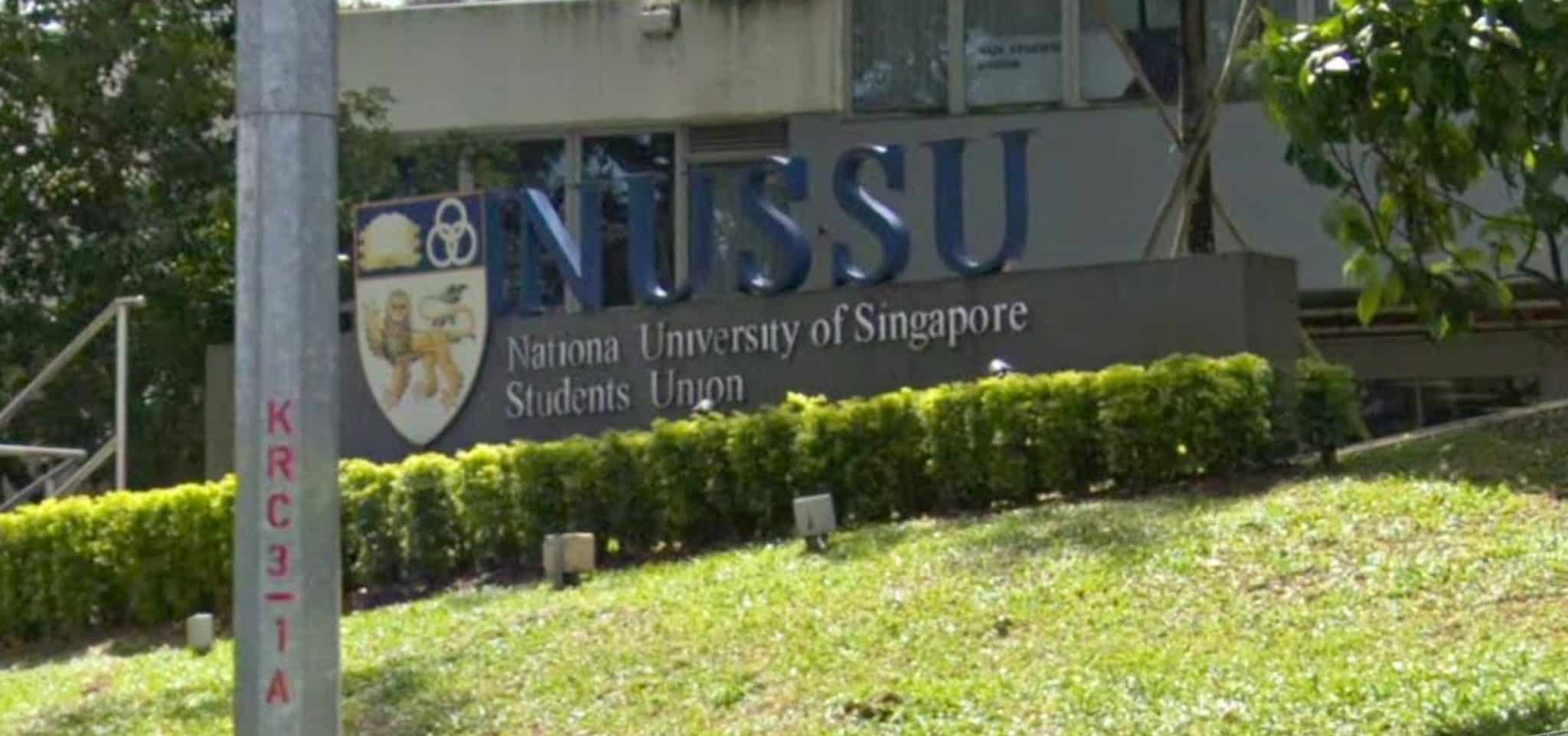When a student from the National University of Singapore (NUS) Monica Baey came forward about being sexually harassed and the frustrations she faced during the investigation process and her disappointment over the subsequent punishment that was meted out by the University on the perpetrator, there was collective public outcry. The loudest voices were those of her fellow students who were outraged at the mishandling of the case by NUS.
A few days after Monica shared her story and the debate surfaced around what educational institutions can do to handle such cases, Education Minister Ong Ye Kung came forward to say that the penalties meted out by NUS in the recent case was ‘manifestly inadequate’.
In a Facebook post, Mr Ong said that he had spoken to the NUS President and Board Chairman to convey his concerns. He added, “we have to take a tough stand and send a strong signal to everyone” when it comes to offences which affect the safety of students on campus.
He added, “Two strikes and you are out cannot be the standard application. NUS has to make its campus safe for all students, especially female students.”
Mr Ong then said that NUS will review it’s disciplinary and sentencing framework “swiftly and decisively”, adding that he is confident that the review will result in a more robust process and stricter framework.
Since the Education Minister himself came out on the side of stricter penalties and acknowledged the inadequacy of current frameworks, NUS management had no choice but to also acknowledge their failings.
Based on the reports of what was said during a Town Hall between students and NSU management, it’s clear that NUS is attempting to do just that. Both the Dean of Students Assoc Prof Peter Pang and Vice-Provost (Student Life) Florence Ling repeatedly apologised for the way the case was handled and offered their sympathies to Monica Baey and the many other students who came forward to their share similar experiences they’ve had to face.
Unfortunately though, it seems that apologising is the only thing the management is ready to do for now. The general reception to the town hall was that the panel of NUS leaders while acknowledging there as a problem, failed to actually offer any concrete solutions or decisions on what can be done to improve their frameworks.
Questions on whether there would be stronger student representation in reviewing sexual misconduct policies were left unanswered. Suggestions of different measures the university could take – such as punitive, security, educational, support – where all met with acknowledgment but no debate.
Prof Pang deferred questions and suggestions to the review committee, saying that NUS must first wait for their response before making any decisions. Prof Ling added that the minutes of the town hall – with all the suggestions from students – would be submitted to the committee for their considerations. Neither could say for sure that these suggestions would be taken on board and implemented.
Students also went to the town hall hoping to get clarity on certain issues such as transparency in the Board of Discipline procedures and how they decided on the punishment for the perpetrator in Ms Baey’s case. They were also hoping to hear that the university would be able to enlighten them on the specific measures it would to make the campus safer for students. Instead, they were again told that things would be decided at a later date following the review committee findings and recommendations.
In fact, during the town hall, a Yale-NUS student highlighted a scandal three years ago about the NUS orientation camp games becoming more sexualised. At the time, a review committee was set up to look into the matter. The committee had said that NUS would set up workshops on consent and sexual misconduct. But the student pointed out that nothing of the sort was done even up to now, three years on.
The same student questioned how the administration could be held accountable for the promises they make after each sexual assault cases.
And that’s a reasonable and necessary question. History has shown us that NUS has failed to keep their word even after a review committee presented recommendations on measures they could take to create a safer environment. What makes this case any different? What assurances do the students and public have that NUS will actually take on board their suggestions and work towards this common goal?







